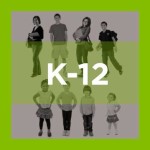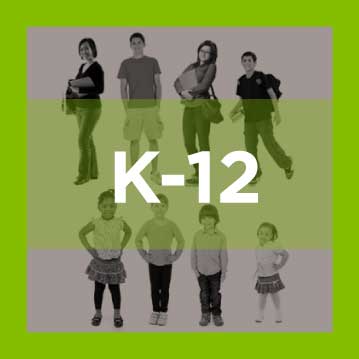A new court case out of Rhode Island is challenging the way we think about the purpose of public education in America. Or is it simply asking us to remember our roots?
The federal case argues, on behalf of Rhode Island students, that the state has failed to provide students an education that adequately prepares them to “function productively as civic participants capable of voting, serving on a jury,” and “understanding economic, social and political systems sufficiently to make informed choices.” The plaintiffs argue that this failure violates students’ rights under the U.S. Constitution and should be remedied by state policies that ensure meaningful educational opportunities to prepare capable voters and jurors.
In defense of this argument, the complaint contends that schools have “downgraded” social studies and civics and provide few venues for experiential learning and opportunities to learn critical media consumption. It points to low youth voter turnout and civic engagement — which is made all the more troubling by a “civic empowerment gap” for students of color and low-income students, who perform more poorly on civics assessments than their white counterparts. Moreover, the complaint maintains that younger generations appear to be apathetic or even deeply distrustful of democracy as a way of running a country.
This case asks Rhode Island, and by extension the rest of the country, to reconsider why we send children to public schools in the first place. Since public education’s genesis, it has been the subject of debate: What is the best way to educate students and toward what end? Your answer to this question may depend on where you sit, historically, socioeconomically and culturally.
Education historian David Labaree identifies three key purposes of education, all of which jostle for priority throughout American history: 1) democratic equality (schools should focus on preparing citizens), 2) social efficiency (they should focus on training workers), and 3) social mobility (they should prepare individuals to compete for social positions).
Americans may never come to a consensus on the right mix of those three ingredients. But if we take this case at its word, then sharpening our focus on what it means for students to be capable citizens means also renewing our commitment to making informed choices. And that requires knowing and integrating our history into education policy discussions.
So first, let’s remember to have a little hope. Public schools do so much and have come so far. As professors Thomas Timar and David Tyack noted in 1999, “Ever since the Revolution, Americans have distrusted government, but they created the most comprehensive and inclusive system of public schools in the world.”
Second, let’s stay informed. Organizations like Education Commission of the States work tirelessly to synthesize information for state leaders to help them stay up-to-date on policy trends and research across the country. To that end, although not our usual bailiwick, this series — over the next three weeks — will highlight high-profile court cases that, like the Rhode Island case, put national debates about education into sharp relief.
And if you’ll be at our National Forum on Education Policy this year, be sure to check out our concurrent session featuring a review of recent education litigation, led by Michael Rebell, lead attorney in the Rhode Island case.









